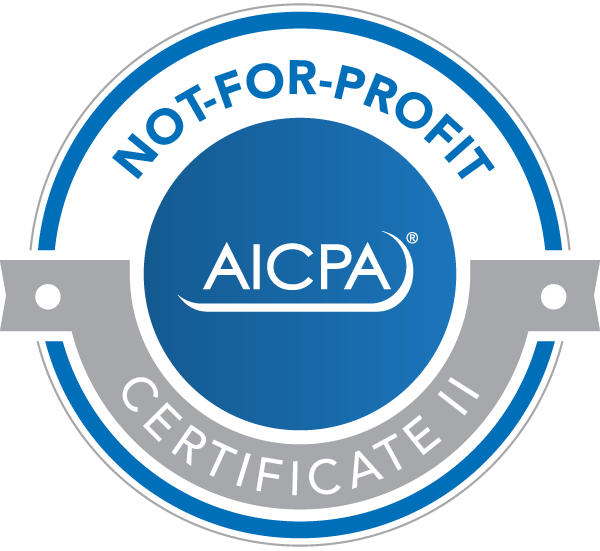As you likely know by now, the Tax Cuts and Jobs Act (TCJA) reduced or eliminated many deductions for individuals. One itemized deduction the TCJA kept intact is for investment interest expense. This is interest on debt used to buy assets held for investment, such as margin debt used to buy securities. But if you have investment interest expense, you can’t count on benefiting from the deduction.

3 hurdles
There are a few hurdles you must pass to benefit from the investment interest deduction even if you have investment interest expense:
- You must itemize deductions. In the past this might not have been a hurdle, because you may have typically had enough itemized deductions to easily exceed the standard deduction. But the TCJA nearly doubled the standard deduction, to $24,000 (married couples filing jointly), $18,000 (heads of households) and $12,000 (singles and married couples filing separately) for 2018. Plus, some of your other itemized deductions, such as your state and local tax deduction, might be smaller on your 2018 return because of TCJA changes. So you might not have enough itemized deductions to exceed your standard deduction and benefit from itemizing.
- You can’t have incurred the interest to produce tax-exempt income. For example, if you borrow money to invest in municipal bonds, which are exempt from federal income tax, you can’t deduct the interest.
- You must have sufficient “net investment income.” The investment interest deduction is limited to your net investment income. For the purposes of this deduction, net investment income generally includes taxable interest, nonqualified dividends and net short-term capital gains, reduced by other investment expenses. In other words, long-term capital gains and qualified dividends aren’t included. However, any disallowed interest is carried forward. You can then deduct the disallowed interest in a later year if you have excess net investment income.
You may elect to treat net long-term capital gains or qualified dividends as investment income in order to deduct more of your investment interest. But if you do, that portion of the long-term capital gain or dividend will be taxed at ordinary-income rates.
Will interest expense save you tax?
As you can see, the answer to the question depends on multiple factors. We can review your situation and help you determine whether you can benefit from the investment interest expense deduction on your 2018 tax return.
- Evaluate whether a Health Savings Account is beneficial to you - September 19, 2023
- Investment swings: What’s the tax impact? - September 12, 2023
- Plan now for year-end gifts with the gift tax annual exclusion - September 5, 2023
- Selling your home for a big profit? Here are the tax rules - August 29, 2023
- The tax consequences of employer-provided life insurance - August 22, 2023









